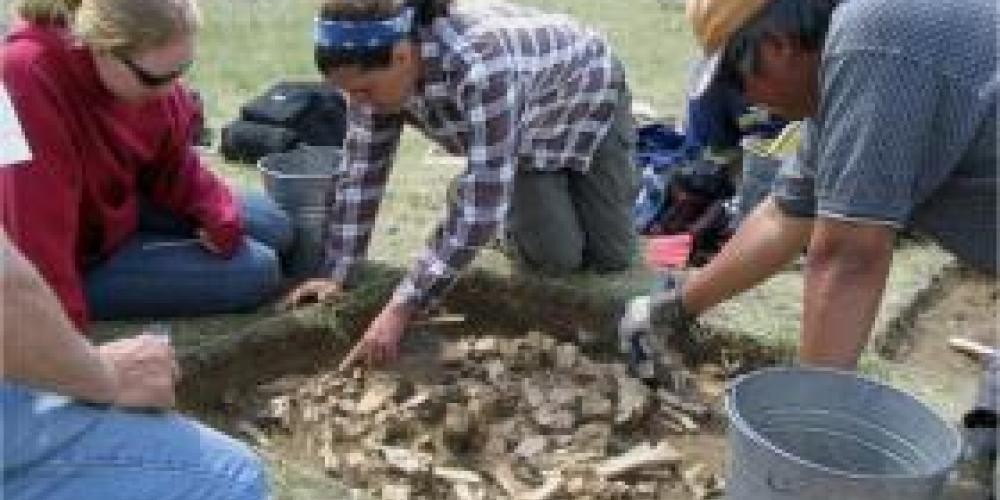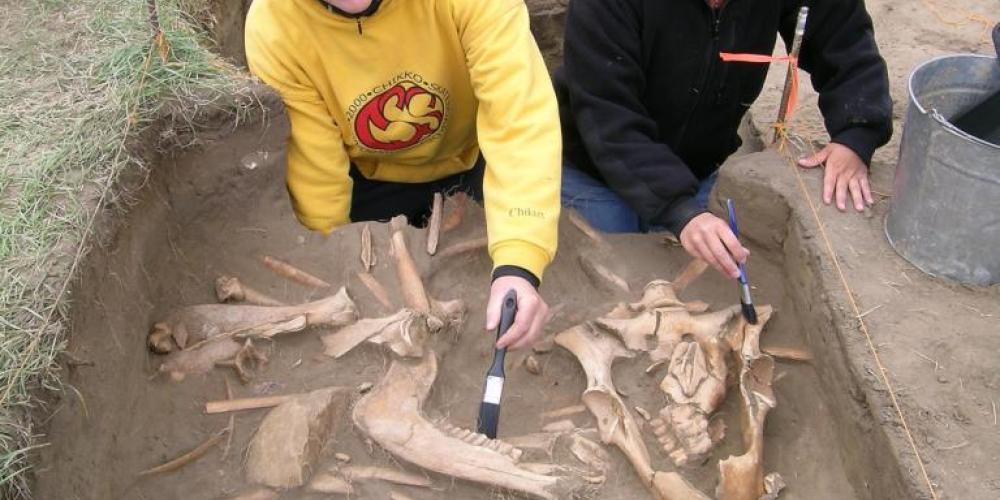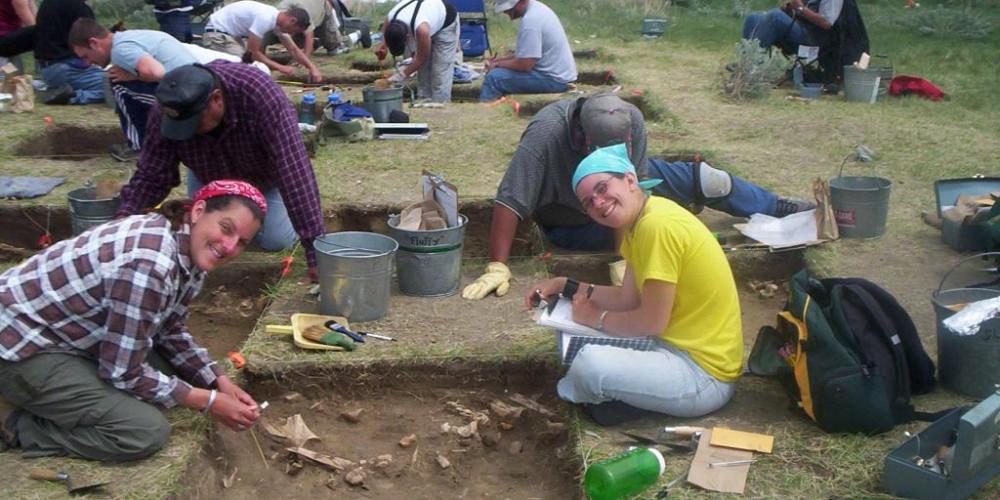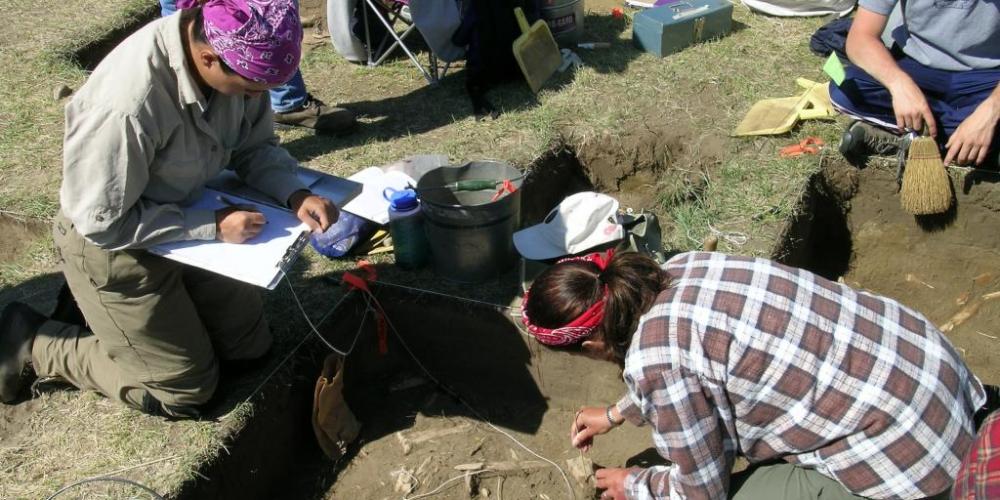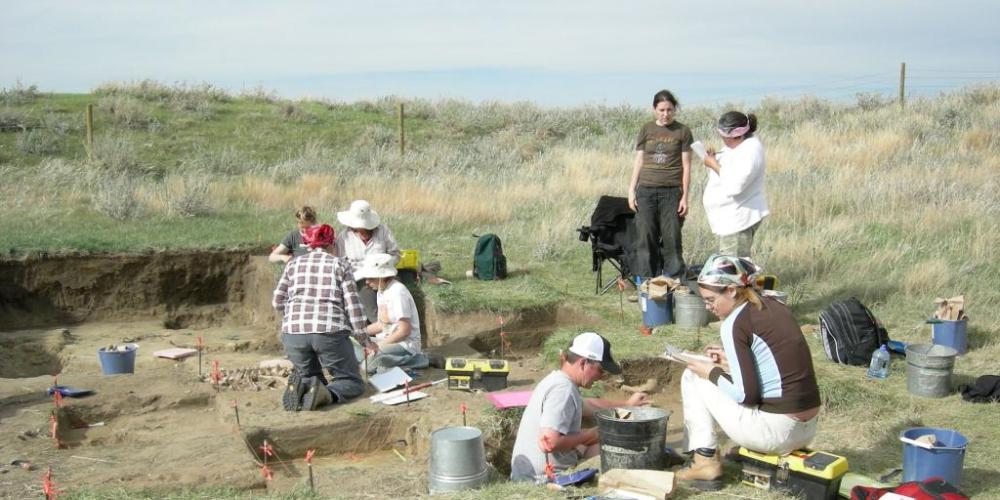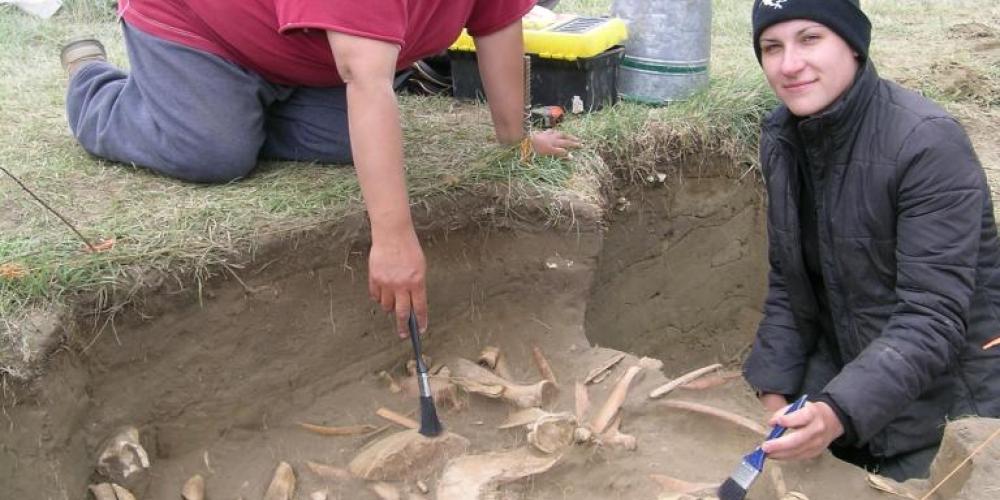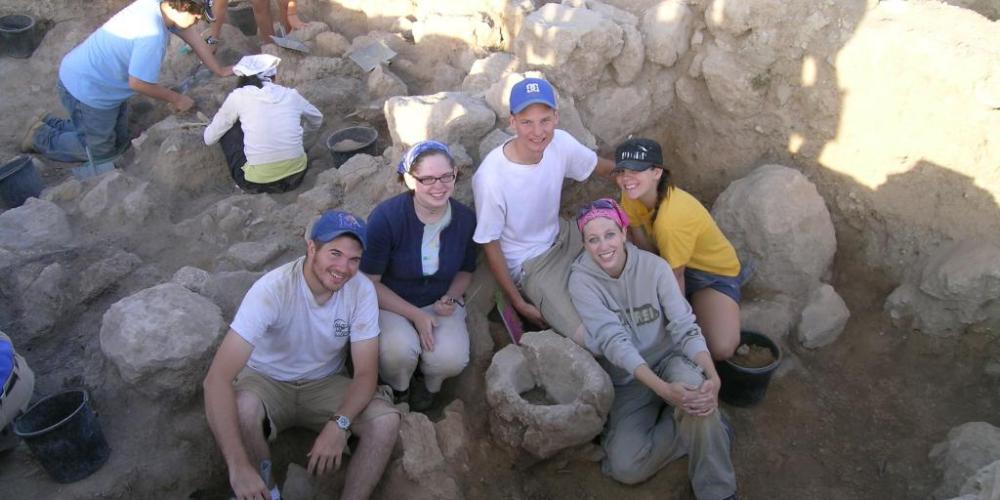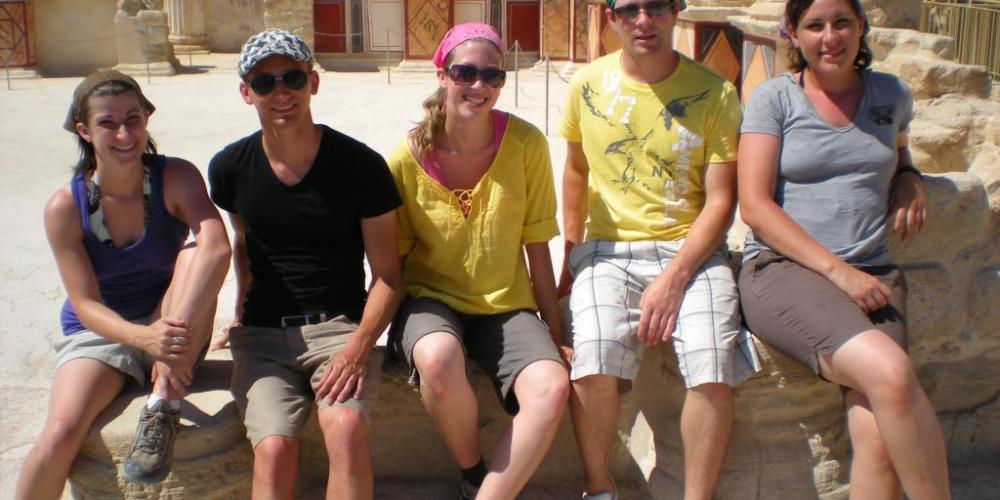Archaeology (BA) / Archaeology & Geography (BSc)
STUDY ARCHAEOLOGY
The study of past human cultures and societies through the analysis of material remains.
Archaeology is the study of past human cultures and societies through the analysis of material remains. It is the interpretation of these artifacts that help us understand our past, allowing us to learn more about ourselves today.
As a student of archaeology, you will learn various aspects of archaeological interpretation and have the opportunity to put them into practice in the field and the laboratory. You will have the chance to combine the theoretical and methodological approaches of each discipline to give you a balanced and in-depth look at the subject.
In addition to the core courses of the program, you will have the opportunity to expand your studies in areas such as anthropology, languages, human geography, physical geography, geology, GIS and remote sensing.
About archaeology at ULethbridge
The Department of Geography & Environment offers a multidisciplinary majors in Archaeology (Bachelor of Arts) AND Archaeology & Geography (Bachelor of Science) for the 40-course degree programs. You can also opt for a General Major in the Social Sciences or Sciences and select Archaeology or Archeology & Geography as one of the three streams. In all geography-based programs, you are also able to declare a Concentration in Geographical Information Science (GIS).
Bachelor of Arts:
In the BA program, you will explore archaeology and geography from a predominantly cultural perspective, working with the cognate disciplines, including history and anthropology.
Bachelor of Science:
BSc curriculum focuses on developing an in-depth understanding of the physical side of archaeology and geography, such as geomorphology, geology, GIS, biological evolution and the scientific methods used in artifact analyses.
Geographical Information Science:
Archaeology & geography students are encouraged to build on their knowledge with more advanced research methods in Geographical Information Science (GIS). A notable area of strength at the U of L, GIS has become a growth area in research, teaching and employment for our graduates. These courses also benefit the study of archaeology. The Department hosts a GIS/Remote Sensing lab for teaching and student projects, as well as dedicated research and graduate student areas—all containing high-end computers and the latest hardware and software.
Get Involved!
There are opportunities for you to take part in digs every summer in addition to participating in laboratory work throughout the year.
Archaeology students from the University of Lethbridge spent summer 2021 at Head-Smashed-In Buffalo Jump during an archaeological field school.
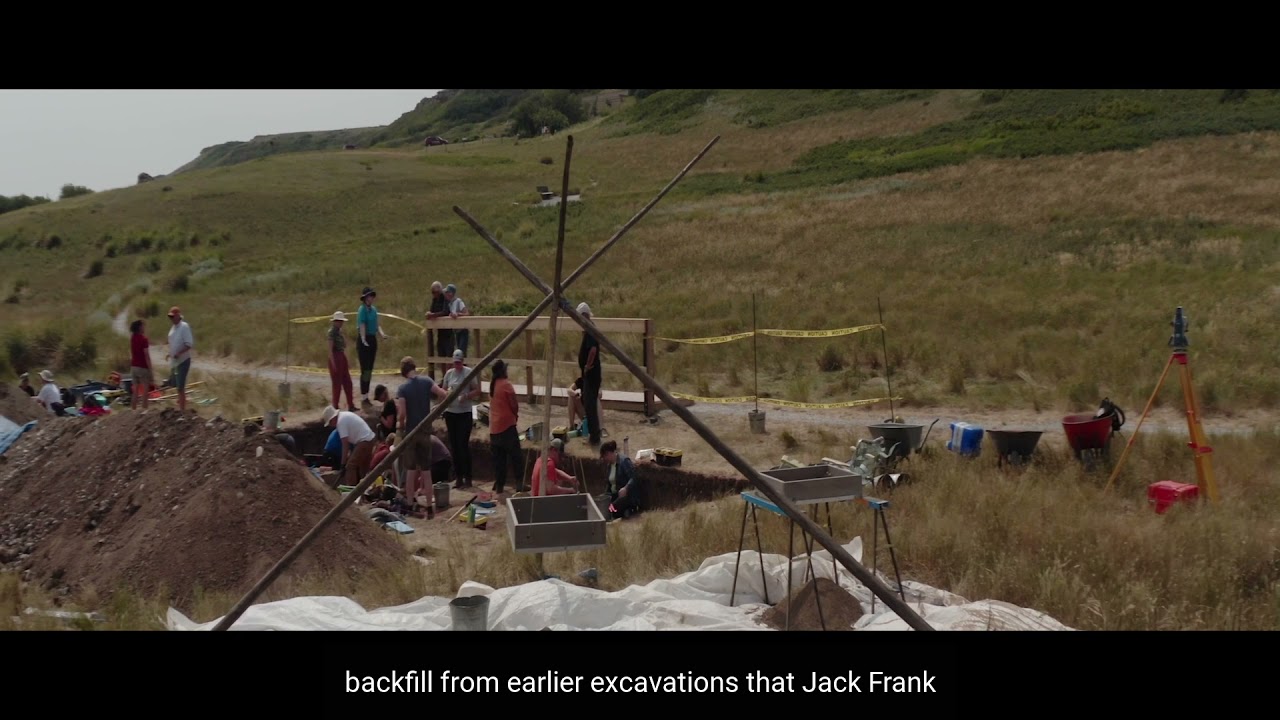
Video: Michael Wivell, Square Sheep Films
Faculty members conduct research that has local, national and international implications, such as archaeological excavation in southern Alberta, Europe and the Middle East, especially Israel.
To find out more about these exciting opportunities, contact the Department directly.
Stay Informed
The Registrar's Office has many great resources to help you plan your program. Our Academic Advisors are also a great resource, so connect with them early and as often as you need. They can help you understand your degree requirements and help you navigate your program planning guide. To access the Program Planning Guide for 2024-25, click here. Program Planning Guides for all other years, are available here.


